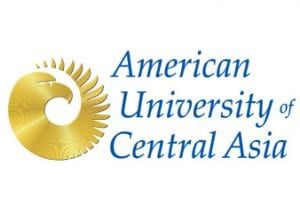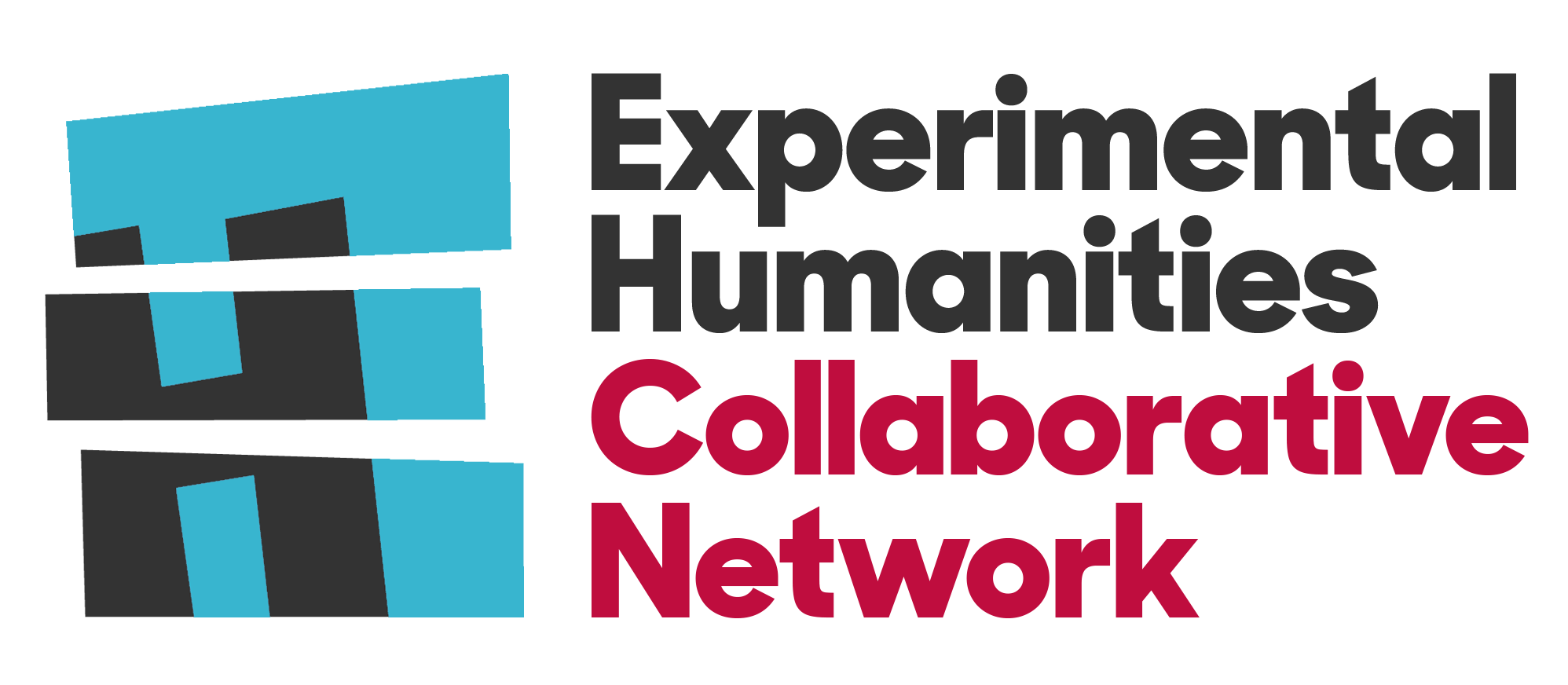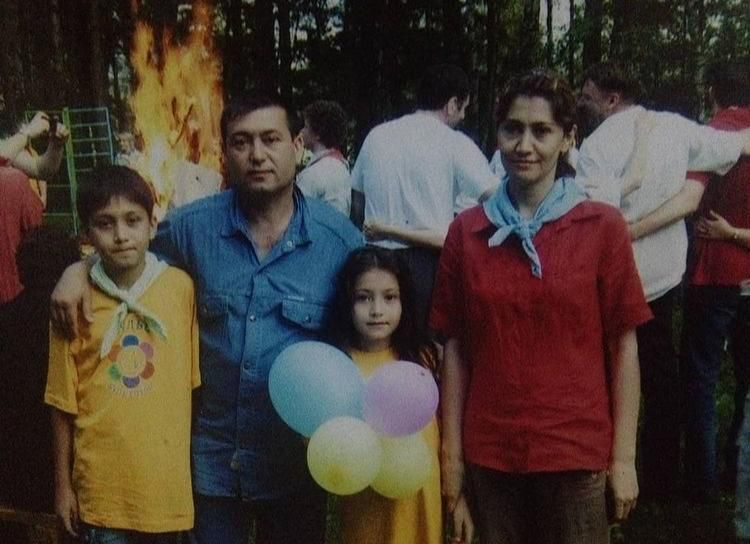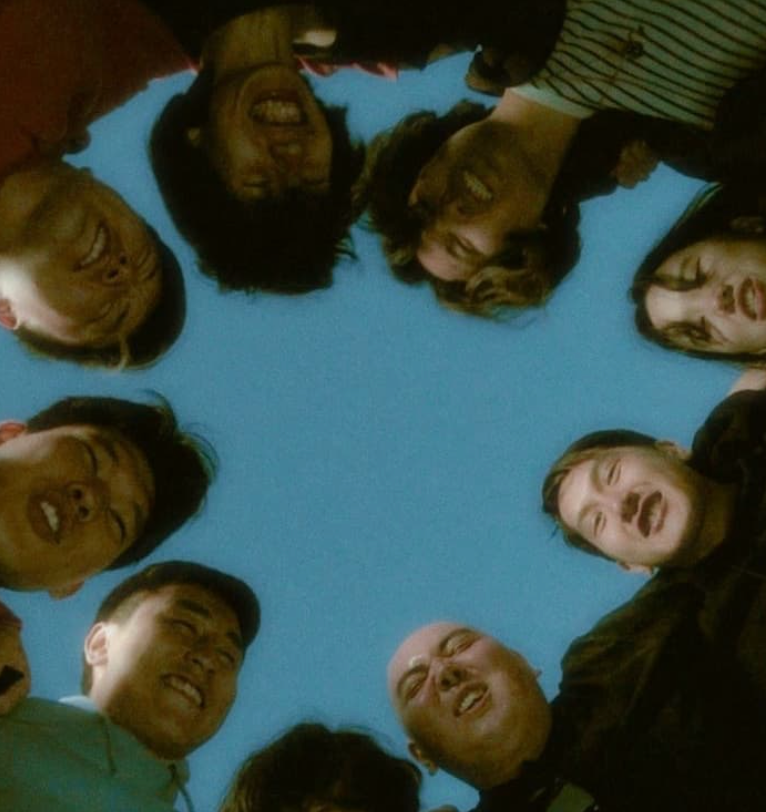Welcome to The Experimental Humanities Collaborative Network
American University of Central Asia
Bishkek, Kyrgyz Republic
Founded in 1993, American University of Central Asia develops future leaders for the democratic transformation of Central Asia. AUCA is an international, multi-disciplinary learning community in the American liberal arts tradition. AUCA is the first university in Central Asia to offer US accredited degrees in liberal arts programs through a partnership with Bard College in the United States. In addition to Bard, AUCA maintains partnerships with a number of universities and organizations worldwide.
EHCN Representative: American University of Central Asia Kristen Fort is Assistant Professor in the Department of General Education at American University of Central Asia (AUCA). She joined the department in 2020. In 2019 at University of Michigan, she defended her dissertation, entitled Inhabiting Socialist Realism: Soviet Literature from the Edge of Empire (1914-1992), in which she explores the relationship between Russian and Uzbek literature in the 20th century. She argues that 20th-century Uzbek literature is demonstrative of how non-Russian litterateurs of the Soviet empire inhabited, a la Bourdieu, Socialist Realism, a hegemonic set of Russian literary conventions and tropes, by adapting it, in various ways over the Soviet century, to local literary traditions and demands. She is currently working on expanding that dissertation into a book. She is the author of articles on Tolstoy and Pelevin, and the translator of two Uzbek novels: Abdulhamid Sulaymon o’g’li Cho’lpon’s 1934 novel Night and Day and Isajon Sulton’s 2010 novel The Eternal Wanderer. Her current interests and projects include literary translation, postcolonialism, postsocialism, and onomastics. With grants received from the Open Society Network’s Experimental Humanities Collaborative Network (EHCN), she has developed and directed AUCA’s contribution to the EHCN’s To Be Named project. AUCA’s contribution, tentatively titled “My Name, My Story,” includes oral history interviews with students and community members about their names, the history behind them, and how they see their names as contributing (or not contributing) to their sense of self. These interviews will be collated and curated in a digital exhibition to be shared with other EHCN universities and with the Smithsonian in order to engage visitors with questions of postcolonialism and identity through the ordinary practice of naming.Kristen Fort




